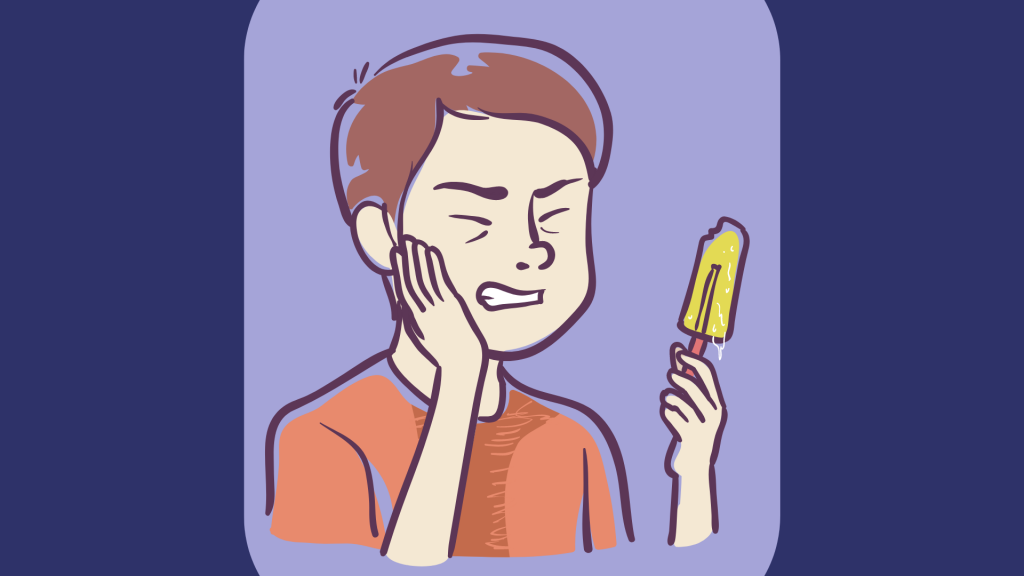Sensitive teeth can be incredibly frustrating. Ranging from mild discomfort to sharp pain, tooth sensitivity typically occurs suddenly and temporarily, often due to exposure to hot, cold, acidic, or sweet foods. Here are some factors that can make your teeth more susceptible to flashes of sensitivity:
Brushing Too Hard
As mentioned in our blog about dental myths, brushing aggressively or with a hard-bristle brush can weaken your enamel and cause gum recession, thereby making your teeth much more prone to sensitivity.
Solution: opt for a soft-bristle brush instead.
Teeth GrindingÂ
Many factors connected to tooth sensitivity center on enamel erosion, and this is certainly the case with teeth grinding/clenching, which can wear out your teeth’s protective layer.
Solution: your dentist may prescribe a night guard to help protect your teeth.
Fillings
While cavities cause sensitivity, so too can the fillings that treat them. Fillings can cause mild aggravation to nerve endings deep inside the tooth, an issue that typically resolves itself as the nerve heals.Â
Solution: sensitivity after a tooth filling is normal and temporary, but if discomfort and pain persist with little to no improvement, contact your dentist.
Many other factors can lead to sensitivity, such as plaque buildup, gingivitis, and cracked teeth. Be sure to maintain a healthy dental care routine to avoid these issues! If problems do arise, your dentist is just a phone call away.






